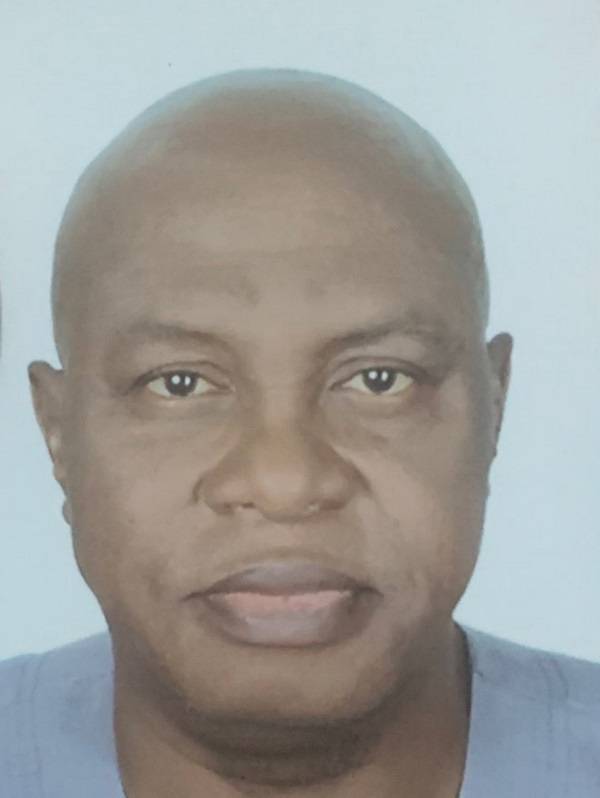
Since the inauguration of new ministers in President Muhammadu Buhari’s second term on August 21, 2019, one minister stood out with his ambitious agenda for the communications sector. He aimed to gain complete control by taking over its agencies and parastatals to serve his personal interests. With influential friends in the Presidential villa, he had the ability to expedite document approvals from the President. Such was his power that he could allegedly overrule the President himself through his allies. This minister captivated everyone in the telecommunications sector.
He initiated a proposal to change the Ministry of Communications to the Communications and Digital Economy Ministry and it was swiftly approved. He expanded his influence beyond his expertise, delving into areas unrelated to his role. His colleagues respected him for his significant position, which fueled his ambitions.
From 2019 onwards, he assumed control over the day-to-day operations of both the National Information Technology Development Agency (NITDA) and the Nigerian Communications Commission (NCC), essentially rendering their respective Acts obsolete. He appointed his personal assistant as the director-general at NITDA, after failing to remove the incumbent CEO of NCC due to resistance from various quarters. He tightened his grip on the NCC, threatening anyone who did not comply with his directives.
Under his authority, the NCC’s plan to extend services to rural Nigeria through infrastructure companies (Infracos) was allegedly hijacked, with the minister prioritizing the construction of data centres in specific areas instead. This move was seen as an obstruction to the regulator’s mandate of providing services to underserved regions. Surprisingly, no one in the industry raised any objections, and the minister continued unchallenged.
He further attempted to weaken the NCC and elevate the NITDA to become a super regulator of the ICT industry by repealing the NITDA Act of 2007 and enacting a new act. Although the minister denied his involvement, his ambitions were evident. He claimed that both the NCC Act of 2003 and the NITDA Act of 2007 were outdated and needed revision to address the Fourth and Fifth generation technologies and the digital economy.
Despite facing resistance, the minister managed to obtain Senate approval for the NITDA bill on May 16, 2023. However, he failed to secure concurrence from the House of Representatives, saving the telecommunications sector from a potential disaster. The controversial bill became a stumbling block for the minister, who was known to be close to President Buhari.
During his tenure, he exhibited a blatant disregard for protocols and publicly abandoned the Nigerian Communications Act of 2003, which ensured the NCC’s independence in regulating the industry. He exerted control over the commission’s activities, including the allocation of funds for various projects.
His influence over the government was staggering. On one occasion, he abruptly interrupted the chief executive of the NCC, Prof. Umar Danbatta, during a public address at the NCC office, causing embarrassment. He even ordered a TV crew to leave the auditorium. Furthermore, he allegedly acquired the title of “Professor” through unofficial means, despite the Academic Staff Union of Nigerian Universities (ASUU) discrediting his claim.
Upon assuming office, he seized a building belonging to the NCC and converted it into his office, naming it the communication and digital economy complex. This move disregarded the established the Federal Secretariat as the official home for Federal Government ministries. His actions were controversial, including the eviction of the CEO of the Nigerian Diaspora Commission, Abike Dabiri-Erewa from the facility, which garnered widespread condemnation for the humiliation inflicted on her.
As his exit from office approached, he aimed to pass a bill that would bring the telecom industry under his control through his personal assistant and crony at NITDA, Mr. Kashifu Inuwa. Through alleged influence on members of the National Assembly, he sought to diminish the powers of the Nigerian Communications Act of 2003 and weaken the NCC. The bill proposed transforming NITDA into a regulatory agency superior to the NCC, absorbing certain functions and powers of the commission, as well as other departments and agencies. Chairman of the Senate Committee on Information Communications Technology (ICT), Sen. Yakubu Oseni became his ally in this endeavour.
A public hearing on the bill was covertly scheduled for December 23, 2022, anticipating minimal attendance by committee members due to the Christmas break. Critical stakeholders were not invited to the hearing as they had expressed opposition to the bill in previous meetings. Disagreements arose among representatives, questioning the short notice and Sen. Oseni’s excessive interest in the bill. Another public hearing was eventually held on April 27, 2023, where over 90 per cent of stakeholders in attendance condemned the bill, urging its abandonment for the stability of the industry.
Despite several attempts, the Minister could not push the bill through the House of Representatives. The Speaker, Mr. Femi Gbajabiamila, expressed his displeasure and prevented the bill from being included in the Order Paper. This turn of events saved Nigeria from potential embarrassment and loss of investor confidence in the telecom industry, which has been the country’s best-performing sector since 1999.
The minister and his allies in the 9th Senate deliberately avoided involving the Senate Committee on Communications chaired by Sen. Oluremi Tinubu, as they feared the committee would reject the bill. This raises questions about their motives and what the minister truly wanted for the telecom industry. The answers to these questions may be revealed another day in this column.

